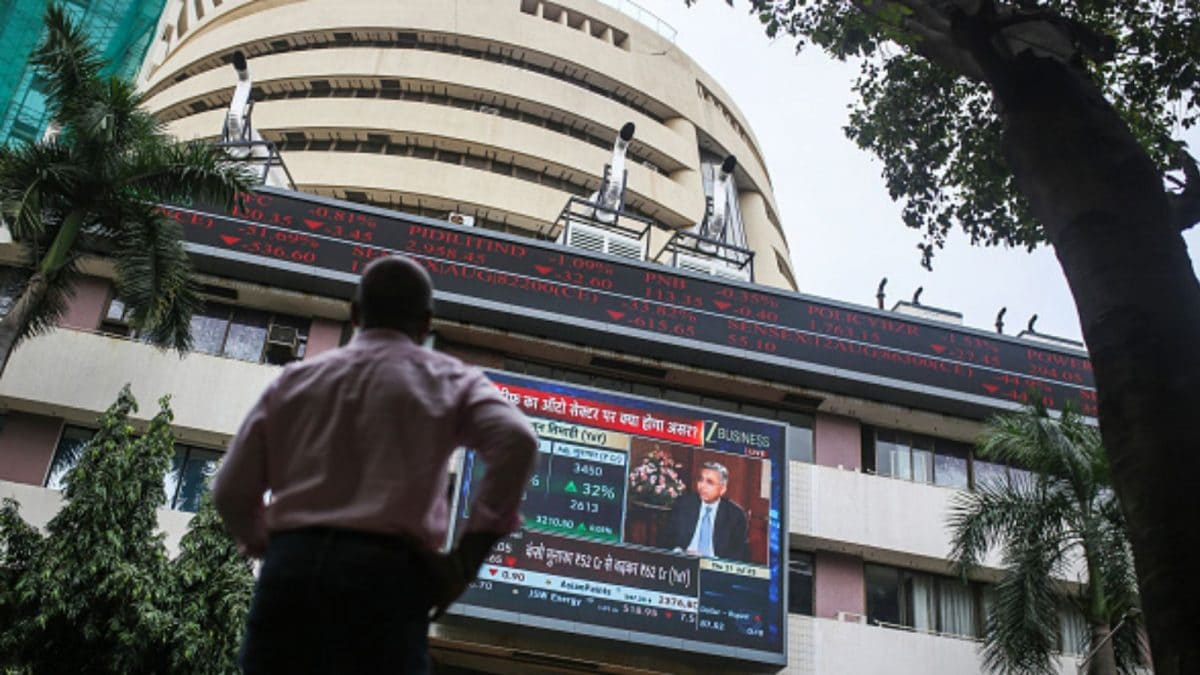Entertainment
President, PM, military top brass pay glowing tribute to martyrs on 60th Defence Day
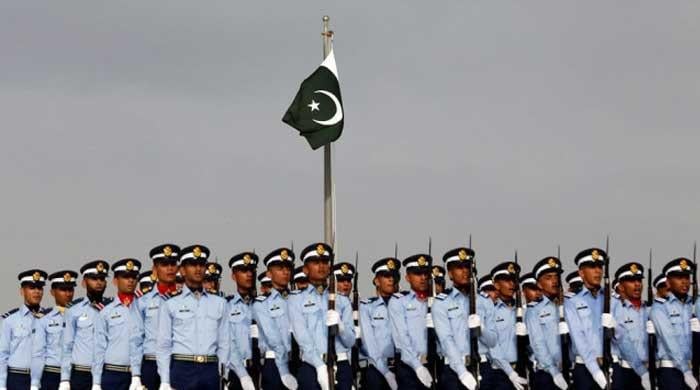
- ISPR says Sept 6, 1965 reflects our firm resolve against stronger foe.
- President Asif Ali Zardari calls Sept 6 a glorious chapter of sacrifice.
- PM says Sept 6 shows unity, courage against enemy aggression.
ISLAMABAD: On the 60th Defence and Martyrs’ Day, Pakistan’s civilian and military leadership paid rich tribute to the country’s martyrs, ghazis, and the resilient citizens whose courage and sacrifices continue to safeguard the nation’s freedom and sovereignty.
The day, which coincided with the blessed occasion of Eid Milad-un-Nabi (PBUH), began with a 31-gun salute in the federal capital.
Chief of Army Staff Field Marshal Syed Asim Munir, Chairman Joint Chiefs of Staff Committee (CJCSC) General Sahir Shamshad Mirza, Chief of the Naval Staff Admiral Naveed Ashraf and Chief of the Air Staff Air Chief Marshal Zaheer Ahmed Baber Sidhu led the homage to the nation’s heroes.
In its message, Inter-Services Public Relations (ISPR) said September 6 epitomises the unflinching resolve and unshakeable spirit of the Pakistani nation.
“On this historic day, our brave soldiers, with the support of the nation, stood like an insurmountable wall against blatant aggression, thwarting the nefarious designs of an enemy far superior in arms and numbers. The feats of heroic valour and sacrifice left an indelible message on the sands of time: that a united nation can never be defeated,” it said.
ISPR added that the courage of fearless heroes continues to inspire future generations and their legacy shall live on forever. The armed forces also expressed their resolve to extend all-out support to victims of the ongoing floods across Pakistan and reaffirmed their pledge to defend the country against any threat, vowing a “befitting and decisive response” to any attempt to disrupt the hard-earned peace.
‘A glorious chapter’
President Asif Ali Zardari, in his message issued from the Presidency, called September 6 a “glorious chapter” in Pakistan’s history. He paid rich tribute to the brave soldiers and resilient citizens who, with unshakable faith and unmatched courage, have defended the nation’s borders.
The president highlighted the significance of this year’s Defence Day in light of the recent Operation “Bunyan-um-Marsoos” conducted in May 2025. “Just as our courageous forces demonstrated extraordinary valour and dedication in 1965, our sons once again proved their unmatched bravery during this year’s operation,” he said.
He lauded the professional excellence, combat readiness, and multi-domain capabilities of the Pakistan military, terming the nation’s defence “impregnable” and built on the eternal spirit of its people. As Supreme Commander of the Armed Forces, he reiterated his commitment to modernising Pakistan’s defence capabilities and emphasised countering modern threats such as hybrid warfare, disinformation, and psychological operations.
President Zardari urged all pillars of the state, particularly the youth, to remain alert, united, and resilient in the face of evolving challenges. He reaffirmed Pakistan’s principled stance on Kashmir and Palestine, calling Kashmir the root cause of regional instability and condemning Israeli atrocities as genocide. He demanded a just solution for Kashmir and an independent Palestinian state with Al-Quds Al-Sharif as its capital.
“Let us remain steadfast, courageous, and united so that the sacrifices of our martyrs are honoured, our defence remains unbreakable, and we pass on a strong, prosperous, and peaceful Pakistan to our future generations,” he concluded, paying tribute to the families of martyrs and veterans.
‘A symbol of courage’
Prime Minister Shehbaz Sharif also paid glowing tribute to the martyrs and ghazis, calling September 6 “a symbol of courage, unity, and resilience.” He recalled how Pakistan’s armed forces, with the full support of the people, had thwarted enemy aggression in 1965 and proven the nation’s capacity to defend its independence and integrity.
Highlighting the recent “Operation Bunyan-um-Marsoos, Marqa-e-Haq,” the prime minister lauded the Army, Navy, and Air Force for their unmatched professionalism and combat skills under the strategic leadership of COAS Field Marshal Munir. He said the courage of martyrs and war veterans would continue to inspire generations.
PM Shehbaz reaffirmed Pakistan’s commitment to peace and constructive engagement but warned against ignoring “continuous Indian provocations and shifting regional dynamics.” He stressed strengthening defence capabilities and resolutely countering foreign-sponsored terrorism and proxy warfare.
Expressing solidarity with the people of Indian Illegally Occupied Jammu and Kashmir (IIOJK), the prime minister reiterated unwavering support for their struggle for self-determination and strongly condemned ongoing Israeli aggression in Palestine, urging uninterrupted humanitarian aid to Gaza.
The premier underscored that economic stability is essential for strong defence and urged the nation to rise above personal differences for sustainable prosperity and self-reliance.
“On this Defence and Martyrs Day, let us renew our pledge to the timeless principles of faith, unity, and discipline as envisioned by Quaid-e-Azam, and work together for a secure, united, and prosperous Pakistan. Pakistan Armed Forces Zindabad, Pakistan Paindabad,” he concluded.
Entertainment
Nelson Peltz offers his stance amid Brooklyn Beckham’s bombshell claims
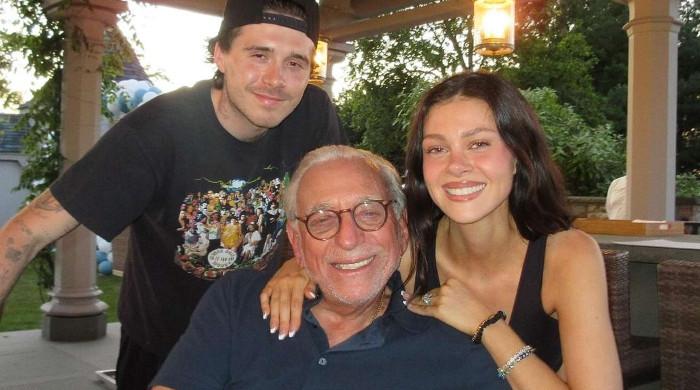
Nicola Peltz’s billionaire father, Nelson, has weighed in on the Beckham feud.
Nelson’s son-in-law Brooklyn, 26, released a bombshell statement last week in which he criticised his parents, Sir David 51, and Lady Victoria Beckham 50, and accused them of mistreating his wife, 30.
Now, the business magnate, 83, who was previously reported to give his daughter $1 million a-month allowance spoke about the family drama during a Q and A at WSJD’s Invest Live in West Beach event on Tuesday.
Nelson said: ‘My daughter and the Beckhams are a whole other story and that’s not for coverage here today. But I’ll tell you my daughter is great, my son-in-law Brooklyn is great and I look forward to them having a long, happy marriage together.’
Nelson was also asked if he gave the couple advice in how to navigate a difficult situation.
He replied: ‘I do. Sometimes they give me advice.’
For context, Nicola’s father is a businessman with an estimated net worth of $1.6billion, compared with the Beckhams’ reported $680million.
Meanwhile, Brooklyn’s family have maintained silence since the aspiring chef penned his frustrations about his parents, sharing his reasons for cutting ties with them.
Brooklyn’s parents Sir David and Victoria and his siblings Romeo, 23, Cruz, 20, and Harper, 14, instead put on their own show of unity at Haute Couture Fashion Week last week.
Entertainment
Sheriff says ransom note being investigated in disappearance of Nancy Guthrie, Savannah Guthrie’s mother
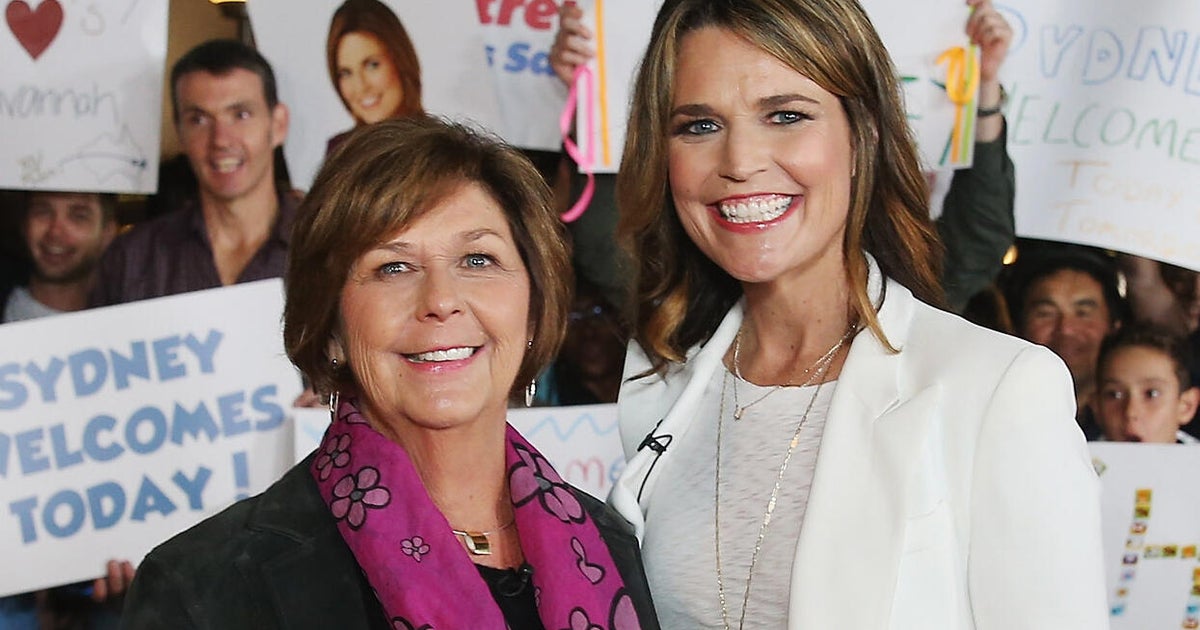
A ransom note was sent to a local Arizona news station following the disappearance of “Today” show co-host Savannah Guthrie’s mother, Nancy Guthrie, the Pima County sheriff told CBS News.
The note, which the station received Monday and agreed not to report on, contained specific details about the home and what Nancy Guthrie was wearing that night, Pima County Sheriff Chris Nanos said, although he would not confirm the accuracy of that information or the legitimacy of the note.
“It’s like any piece of evidence,” Nanos told CBS News. “You give it to us, you give us a lead, we’re going to look at every aspect of that lead.”
Nanos did not specify which station the note was sent to, but CBS affiliate KOLD-TV reported Tuesday it had received an email that “appears to be one of the alleged ransom notes,” which it forwarded to the sheriff’s office.
Investigators have analyzed the note and are taking it seriously, Nanos said.
He said the FBI reviewed the note and made the decision to share it with Savannah Guthrie. Authorities had hoped to keep the information from becoming public, but the note was obtained by TMZ, which reported on it before contacting the sheriff’s office, Nanos said.
The Pima County Sheriff’s Department had earlier said on social media it was aware of “reports circulating about possible ransom note(s),” adding, “Anything that comes in, goes directly to our detectives who are coordinating with the FBI.”
Surveillance video from a home security system has yielded nothing so far, Nanos told CBS News. He said investigators believe the system may have been set to automatically delete footage after a short period of time, and they are now attempting to recover it through forensic means.
Nanos previously told CBS News that investigators believe the 84-year-old was abducted from her home in the middle of the night over the weekend, and he described it as “a crime scene.” Authorities have been searching for her since Sunday.
Nancy Guthrie was last seen at her home Saturday night, but no one knew she was missing until she didn’t show up for church the next morning, Nanos said.
The sheriff has repeatedly said Guthrie, who lives alone, could not have wandered away from her home because she has no cognitive issues and very limited mobility.
He also expressed concern that she needs access medication that she must take daily, telling CBS News, “The clock is literally ticking.”
“You’ve placed her in great jeopardy without giving her meds that are critical to her,” Nanos said. “Again, like I’ve said, could be fatal if she doesn’t get those meds.”
The sheriff has said it’s unclear how many people may have been involved in the apparent abduction.
“It could be one, it could’ve been more, I don’t know,” he said.
A little bit of blood was found inside Nancy Guthrie’s Tucson home, a law enforcement source familiar with the case told CBS News, and what appeared to be a small amount of dried blood was seen next to a doormat outside the front door of the home on Tuesday.
Entertainment
Christian Bale reflects on Frankenstein’s transformation in ‘The Bride!’
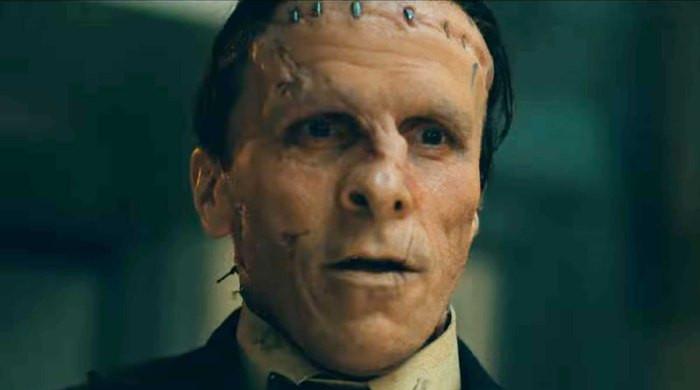
Christian Bale has opened up about the intense physical and emotional demands behind his transformation into Frankenstein’s monster for The Bride!, revealing that the process pushed him to some unusual coping methods just to get through the day.
In an interview with Entertainment Weekly, the actor said he spent six hours a day in the makeup chair while working on the film, a reimagining of the 1935 classic Bride of Frankenstein directed by Maggie Gyllenhaal.
Bale stars opposite Jessie Buckley, who plays the Bride and spent around an hour and a half in makeup for her own transformation.
Reflecting on the gruelling routine, Bale admitted the long hours of enforced stillness took a toll.
“I would scream like crazy, every day. Just to [release the] despair, all of that restraint that you have to display when you’re sitting still for that long,” he said, explaining how he stopped himself “from going insane” during the process.
Those screams, however, were carefully timed.
Bale said he avoided doing it on the way to work, worried it might distract him behind the wheel, and ruled out screaming alone because it could easily be misunderstood.
Instead, what began as a private release gradually became a shared ritual on set.
“Oh man, I’m telling you, the whole crew got involved by the end because people would hear us screaming,” Bale said.
“We would open the doors, and gradually, a bit like the Bride’s revolution, a few people were going, ‘Can we do it too?’ And then by the end, there were like 30 people who would hear us and run to the makeup trailer to be a part of it and scream as well.”
The role adds another extreme chapter to Bale’s long history of physical transformations.
Over the years, he has become known for radically altering his body for characters, from bulking up on a strict protein-heavy diet for American Psycho to shedding 60 pounds over four months to reach 120 pounds for The Mechanist.
For that film, his daily intake reportedly consisted of “water, an apple, and one cup of coffee per day.”
Not long after, Bale went in the opposite direction, gaining around 100 pounds of muscle in just six months to play Bruce Wayne in Christopher Nolan’s Batman Begins, cementing his reputation for total physical commitment.
The Bride! is set to open in cinemas on 6 March, distributed by Warner Bros.
-

 Sports1 week ago
Sports1 week agoPSL 11: Local players’ category renewals unveiled ahead of auction
-

 Entertainment1 week ago
Entertainment1 week agoClaire Danes reveals how she reacted to pregnancy at 44
-

 Sports1 week ago
Sports1 week agoCollege football’s top 100 games of the 2025 season
-

 Business1 week ago
Business1 week agoBanking services disrupted as bank employees go on nationwide strike demanding five-day work week
-

 Politics1 week ago
Politics1 week agoTrump vows to ‘de-escalate’ after Minneapolis shootings
-

 Sports1 week ago
Sports1 week agoTammy Abraham joins Aston Villa 1 day after Besiktas transfer
-

 Entertainment1 week ago
Entertainment1 week agoK-Pop star Rosé to appear in special podcast before Grammy’s
-

 Tech1 week ago
Tech1 week agoBrighten Your Darkest Time (of Year) With This Smart Home Upgrade



